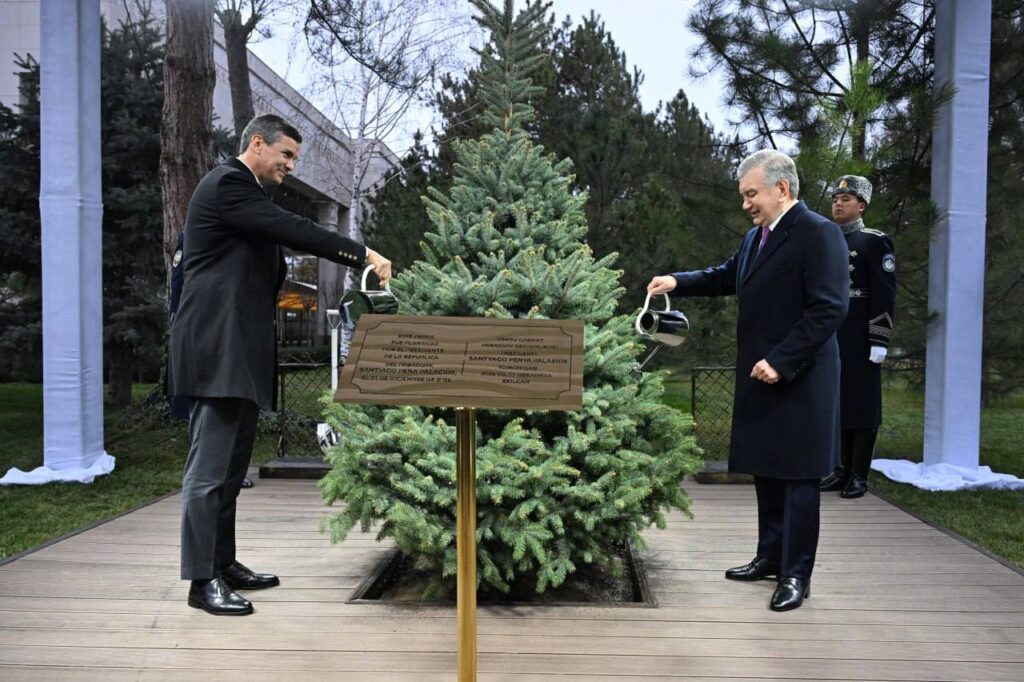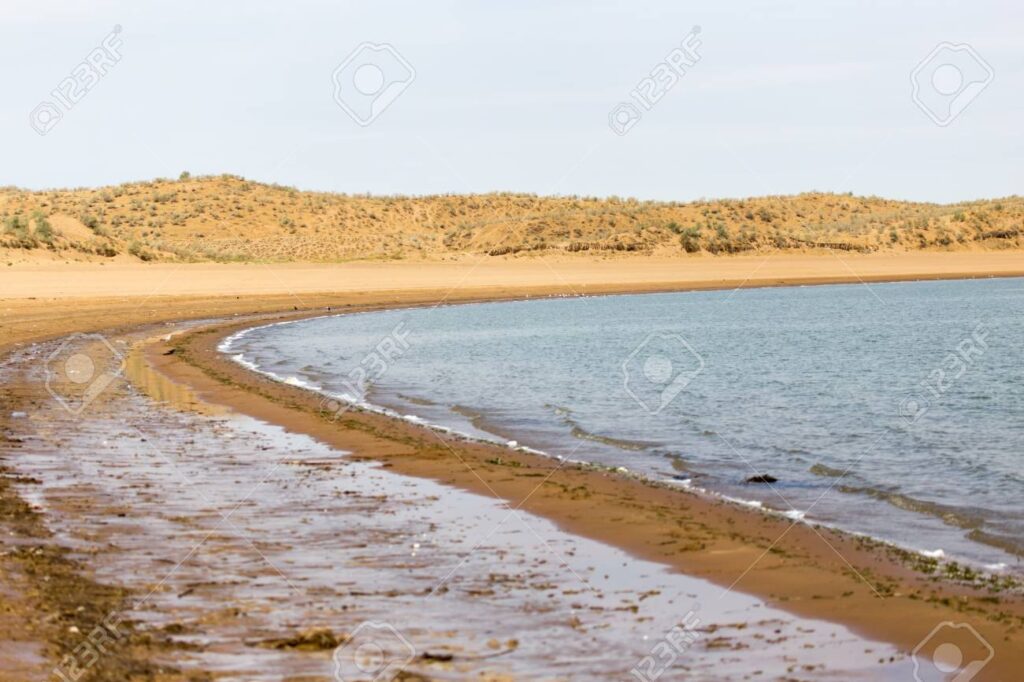Alisher Sultanov Leaves Office After a Decade of Declining Gas Production in Uzbekistan
Alisher Sultanov was relieved of his post as presidential representative on energy security on December 16, ending some ten years of dubious performance as one of Uzbekistan’s top energy officials. Under Sultanov’s watch as head of the state oil and gas company and then as a top official in Uzbekistan’s Energy Ministry, the country’s oil and gas production decreased, and Uzbekistan went from being a gas exporter to an importer. A Career in the Gas and Oil Sector Sultanov started working in Uzbekistan’s energy sector in the mid-1990s and gradually made his way through the ranks at the state oil and gas company Uzbekneftegaz. In 2015, Sultanov became Uzbekneftegaz’s chairman, serving in that position until 2018. In 2017, Sultanov was appointed Deputy Prime Minister in charge of the fuel, energy, and industrial sector, and in February 2019, he was named Energy Minister. He stepped down as Energy Minister in April 2022, officially for health reasons, but by 2023 was back as presidential advisor on oil and gas, chemical, and energy matters, though that title was changed in July 2025 to the president’s representative on energy security. Stagnation and Decline Uzbekistan does not have large oil reserves. BP’s Statistical Review of World Energy has continually put Uzbekistan’s oil reserves at somewhere around 600-620 million barrels. Uzbekistan does have significant natural gas reserves of at least some 1.1 trillion cubic meters, however, according to the BP Statistical Review of World Energy. The country has been working with international partners to explore for new deposits, particularly in areas of the recently dried out Aral Sea. In 2011, Uzbekistan’s average oil production was some 80,000 barrels per day (bpd), and gas production for that year was some 56.6 billion cubic meters (bcm). Uzbekistan was still sourcing from many fields that had been producing since Uzbekistan was a Soviet republic, and it was not surprising that yields from these depleted fields started decreasing after 2011. Sultanov became head of Uzbekneftegaz in August 2015, and that year, oil production had already dropped to some 60,000 bpd and gas to some 53.6 bcm. Both fluctuated only a little over the next three years, ending 2018 at an average of 64,000 bpd and 58.3 bcm. The 2018 figure for gas was the peak production year of the 2011-2020 period, though it fell well short of the 66 bcm Uzbekneftegaz was predicting for 2018. After Sultanov was named Energy Minister in 2019, the figure for gas production fell significantly. In 2019, gas production was 57.5 bcm, but in 2020, only 47.1 bcm, though oil output held steady at 67,000 bpd and 61,000 bpd, respectively. Gas production increased slightly in 2021 to 50.9 bcm, but then dropped to 48.9 bcm in 2022. The decrease continued after Sultanov stepped down as Energy Minister in April 2022, plummeting to 44.2 bcm in 2023 and 42.2 bcm in 2024. With a rapidly growing population and expanding industrial sector, Uzbekistan’s domestic gas consumption was sharply increasing, rising from 43.6 bcm in 2020 to 54.6...






